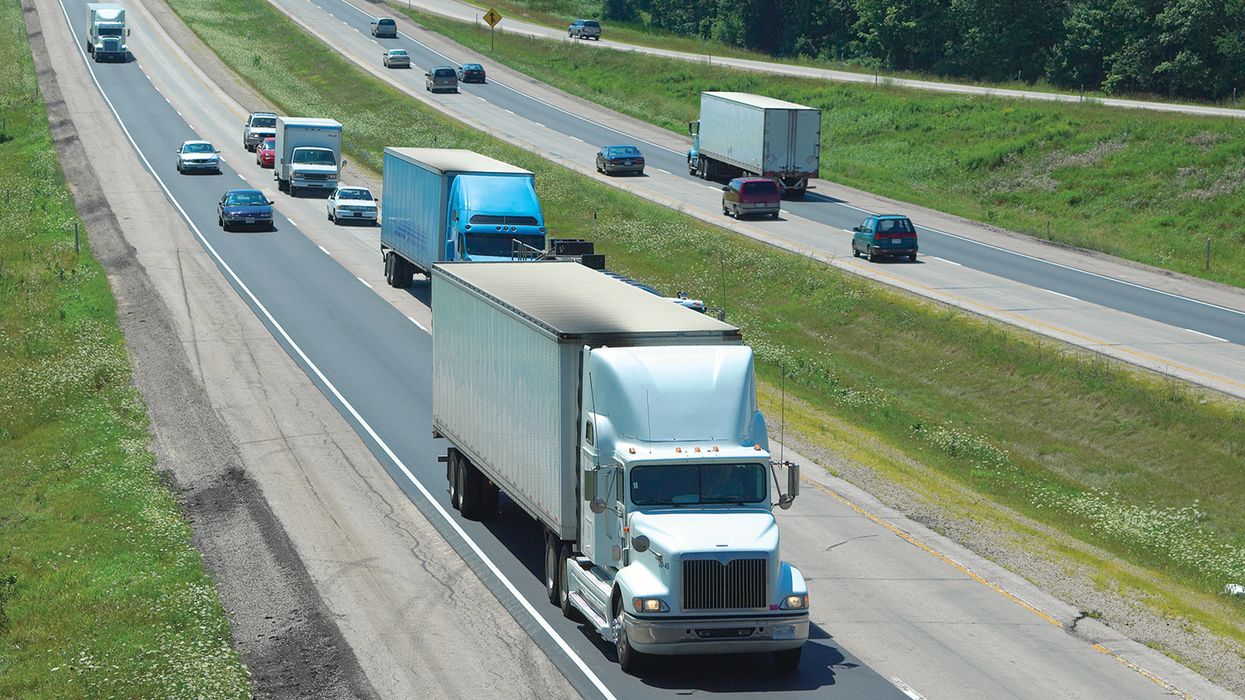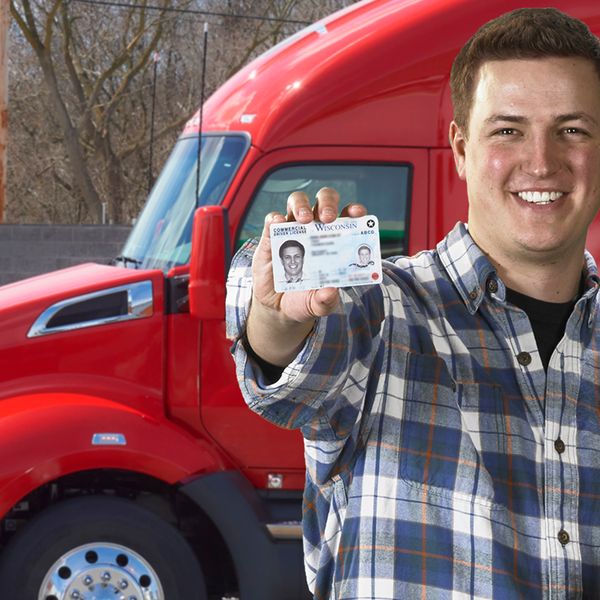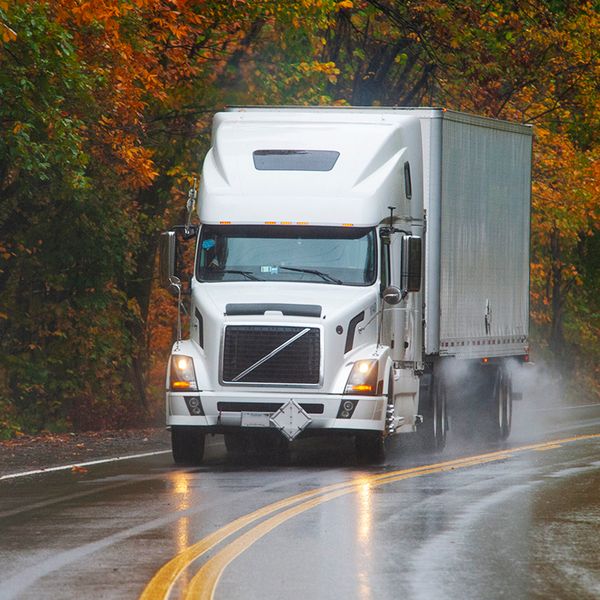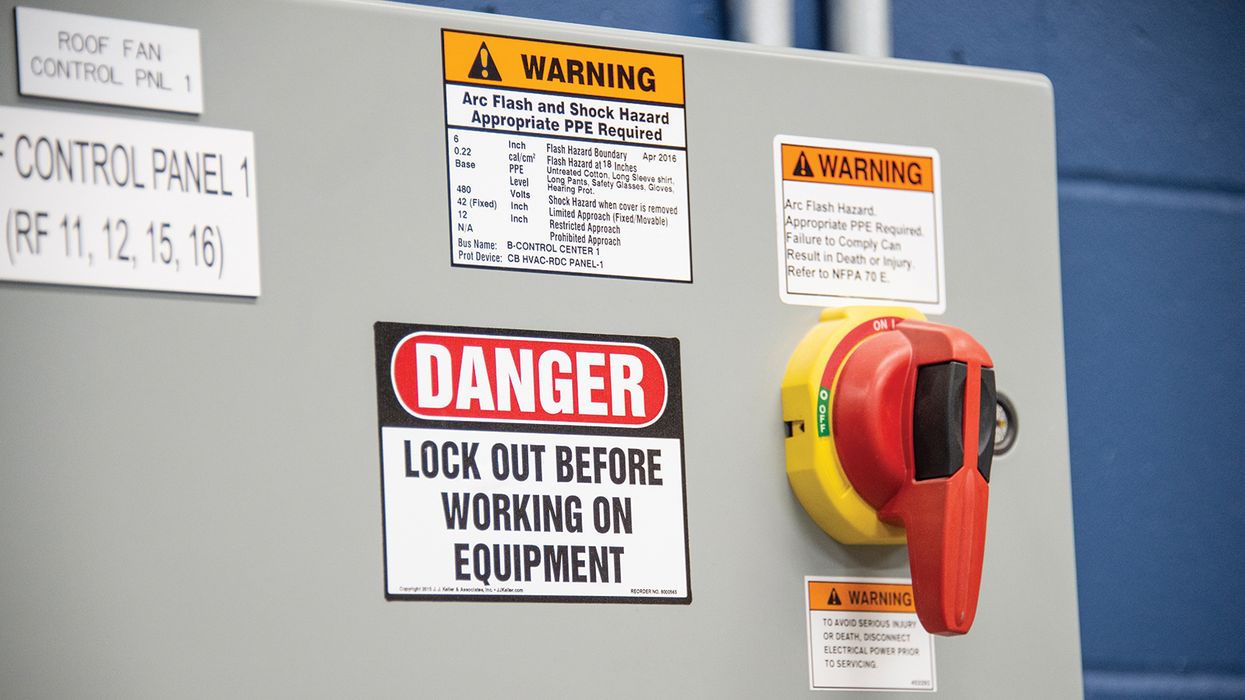FMCSA announces changes to non-domiciled CDL issuance
The Federal Motor Carrier Safety Administration (FMCSA) has announced an emergency action, placing restrictions on who is eligible to obtain a non-domiciled commercial learner’s permit (CLP) and non-domiciled commercial driver’s license (CDL).
Details of the rule
Effective immediately, under the interim final rule (IFR), to obtain a non-domiciled CLP or CDL, non-citizens (except lawful permanent residents) must meet specific requirements, including possessing an unexpired foreign passport and a valid, non-expired employment-based visa.
State driver licensing agencies (SDLAs) will be required to query the Systematic Alien Verification for Entitlements (SAVE) system to verify the non-domiciled CDL applicant’s immigration status.
The SAVE system, administered by U.S. Citizenship and Immigration Services (USCIS) is used by government agencies to verify the immigration status and U.S. citizenship of applicants for public benefits and licenses.
The IFR shortens the term of a non-domiciled CDL to one year or the expiration date of the visa, whichever occurs first. Also, all renewals will need to be completed in person at an SDLA office (no mail or online renewal option).
Enforcement action against California
FMCSA has also announced that in addition to this emergency rule, FMCSA has initiated a direct enforcement action against California. The state must immediately:
- Pause issuance of non-domiciled CDLs,
- Identify all unexpired non-domiciled CDLs that fail to comply with FMCSA regulations, and
- Revoke and reissue all noncompliant non-domiciled CDLs if they comply with the new federal requirements.
California has 30 days to come into compliance, or FMCSA will withhold federal highway funds — starting at nearly $160 million in the first year and doubling in year two.
FMCSA cited a recent audit that revealed that 25 percent of non-domiciled CDLs were issued improperly as the reason for the immediate action.






















































